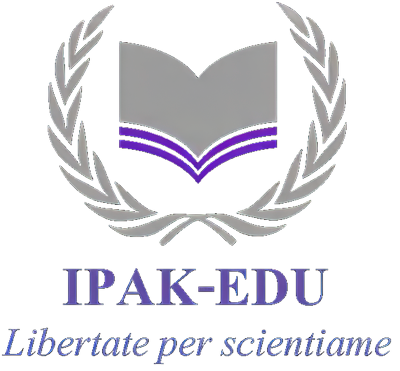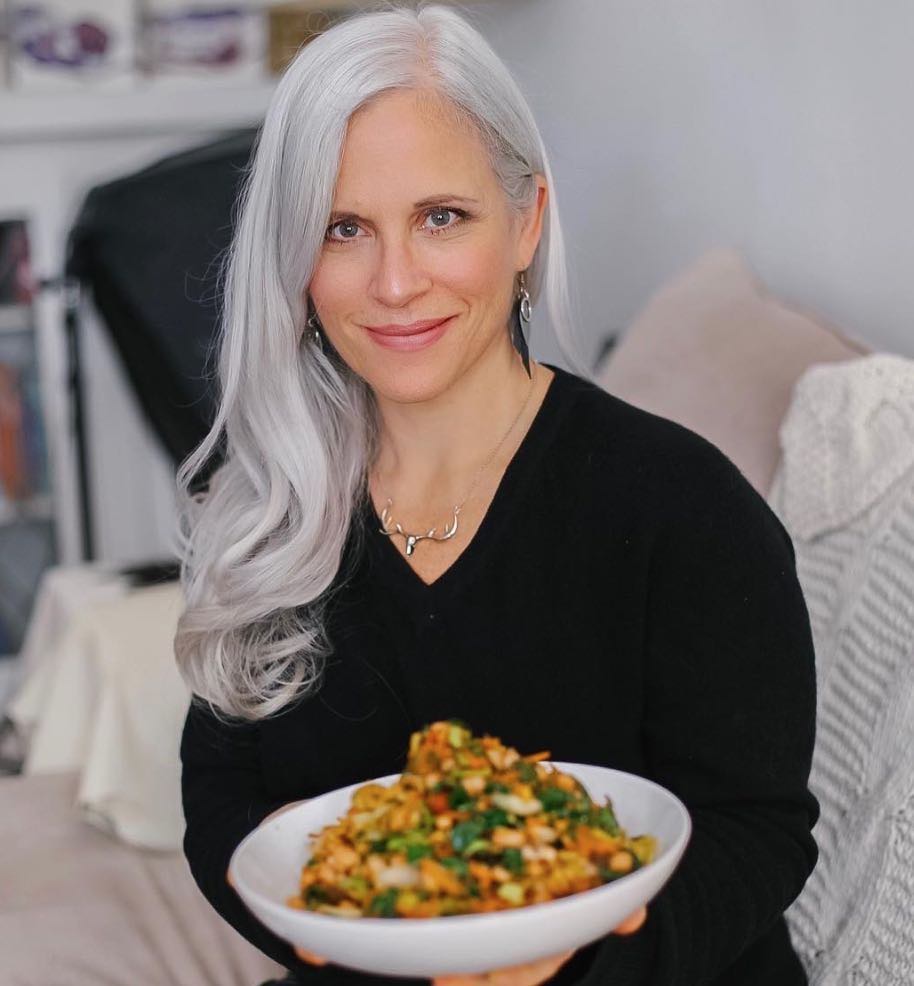
Regenerative Food Philosophy: Moving beyond sustainability for human survival
Instructor: Sherry Strong

Regenerative Food Philosophy - Moving beyond sustainability for human survival
A course based on the book “Survival of the Wisest” by Sherry Strong.
The course content draws on a combination of sociology, anthropology, philosophy, psychology and human nutrition.
It explores going beyond a sustainable relationship with food to help people develop a more regenerative mindset and positive relationship with food and our environment.
It will look at our emotional relationship with food and the addictive nature of the modern diet competes with our ability to make rational, environmentally sound food choices.
The course will include lectures, cooking demonstrations, educational animations I’ve created with my team, and practical assignments to guide students understanding and implementation of the philosophies and concepts presented in the course.
An Introduction to Regenerative Food Philosophy - we begin by exploring the history and origins of the human journey that is leading us towards eating ourselves into extinction.
Survival of the Unselfish - for most of human history we have appropriated and adapted food meant for other species to ensure our survival. Here we look at how going forward, the human species will have to make selfless decisions and take uncomfortable steps to ensure the survival of future generations.
The Lethal Recipe - are we are eating ourselves into a premature death? Do we face extinction due to the extreme processing of our food? Removing nutrients naturally sourced in our food makes it addictive, toxic and environmentally damaging. The Lethal Recipe causes us to eat more foods that are nutritionally empty, often leading directly to lifestyle diseases.
The Ethical Omnivore - in this chapter we consider how human’s choice of diet and methods for sourcing food impacts both society and the planet: from animal consumption, food security, modern food slavery in food production, and conventional chemical farming practices, to harvesting oceans, fair trade, overconsumption, animal and insect extinction, and the lifestyle diseases that arise the farther from nature we source our food.
Eliminating Nutritional Confusion - more than ever, consumers are being confused by industry competitors vying for influence, often struggling to differentiate between fact and fiction. We will examine how that confusion is exploited by the diet and food industry.
Food, Politics & Capitalism - delve deeper into the food industry’s control and influence over political decisions around what we eat; how our food is made, distributed, wasted; and the cost to human and planetary health.
Nature’s Principle - understanding nature’s hierarchy of how we are meant to eat as the human species on a bio-diverse planet to ensure human and other species survival.
The Consumption Concept - consider how relating to food by what we would or could source in nature can re-frame the way we consume as a species.
The Replace Principle - learn how to eat regeneratively in a modern, processed world.
Pick Your Poisons - for most of human history we’ve eaten, drunk, smoked and ingested substances that are toxic on some level for the body. This chapter questions whether humans can still have pleasure in altering our state while prioritizing health for ourselves and our planet.
Holistic Food Therapy - investigates how our diet can contribute to mental illness. We look at the role food plays in depression, mood and brain disorders and degeneration, and how practices such as whole food consumption, cooking, sharing meals and gardening can be used as holistic food therapy.
The Addiction Connection - we are an addictive species who also depend on connection. As we continue to become disconnected, addiction increases in kind. Learn to recognize how reconnecting to nature, and our true nature as a species, can help wean us off addictive food that is damaging to our bodies and our environment.
We are Meant to Eat Together - as a social species, how we eat can be as powerful as what we eat. Here we look at the power of sharing meals, rituals of eating and the potential untapped influence gratitude can have on the survival of the human species. We reflect also on human’s entitled attitudes around food appropriation, creating a consequent disconnect between how and what we eat.
The Regenerative Mindset - how do we eat going forward with this knowledge in mind? Here we look at the practical steps forward: new ways of sourcing our food and making food choices based on influencing the masses, not just for those perceived to have access to more nutritious food. Students create programs and strategies that are practical in nature and can be implemented to help create solutions for our food and education systems.
A Banquet of Unselfish Eating - a practical meal demonstration that shows how we can eat regeneratively going forward.
Bio for Sherry Strong
She is a former Victorian Chair of Nutrition Australia, the Melbourne President of Slow Food and the Curator & CoFounder of the World Wellness Project. She was a highly regarded instructor at the Institute of Holistic Nutrition and a keynote speaker at the Canadian School of Natural Nutrition Alumni Association Conference. Guest lecturer at the Queensland University Brain Institute and several other Australian and Canadian Universities. Sherry's philosophy is all about living with consideration to the body, others and the planet. She showcased one of her philosophies The Consumption Concept from her book 'Return to Food - the life-changing anti-diet' at TEDxTokyo in 2009. Sherry was the Wellbeing Director to the Sustainable Women's Business Conference, Jamie Oliver's Fifteen Foundation, The Reach Foundation and was the Curator & Co-Founder of the World Wellness Project Summit.
Sherry is regularly invited on radio, television and is a corporate keynotes throughout Australia, Canada, USA and New Zealand.
Here's an interview between Dr. Lyons-Weiler, IPAK-EDU Founder, and Sherry Strong about the course!
